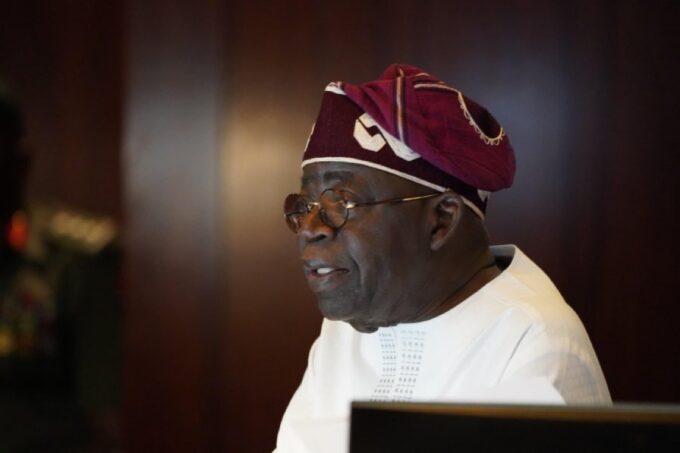APM Terminals, Nigeria’s largest container terminal, has revealed how fossil-powered electrifying trade could unlock $830 million in investments by 2030, reports Business TodayNG
This revelation was contained ina Container Transport Electrification White Paper presented by ATM Terminal to Vice President Kazeem Shettima at the Decarbonizing Infrastructure in Nigeria Summit at the State House, Presidential Villa.
The summit, which sought to unlock climate finance for sustainable development, convened the private sector and development partners to accelerate efforts toward low-carbon infrastructure and green investment in Nigeria.
In the report, APM Terminals sees electrification as a job creation effort, reducing 390 ktCO₂e emissions, and improving power reliability and public health.
“With over 40 ports worldwide already embracing electrification and proven success in emerging markets like Kenya and India, Nigeria is well-positioned to follow.”
CEO of APM Terminals Nigeria, Frederik Klinke, said his company believes that electrification is important to bringing operations into the “globally most advanced level.”
“From our global experience as a terminal operator, we know that beyond lowering emissions, electrification improves the working environment, reduces air and noise pollution, and delivers tangible benefits to neighbouring communities,” Klinke said.
While stating that achieving this requires strong public-private collaboration and urgent action on power supply and equipment electrification, partner in Systemiq, Eveline Speelman, said that findings clearly show that the time to act is now,”
With nearly 60 percent of container terminal concessions approaching renewal, the moment is right to embed electrification into the next wave of logistics infrastructure investment.”
Shettima in his address at the summit, assured that the country is on course to phase out diesel dependency and reduce carbon emissions through an integrated hybrid energy system.
”Onne port, for instance, is already emerging as the template for our quest to breathe life into a robust green economy,” Shettima said, just as he also added that “discussions are currently underway with private investors to commit nearly $60 million to electrify the port and transform it into Nigeria’s first green port,”










